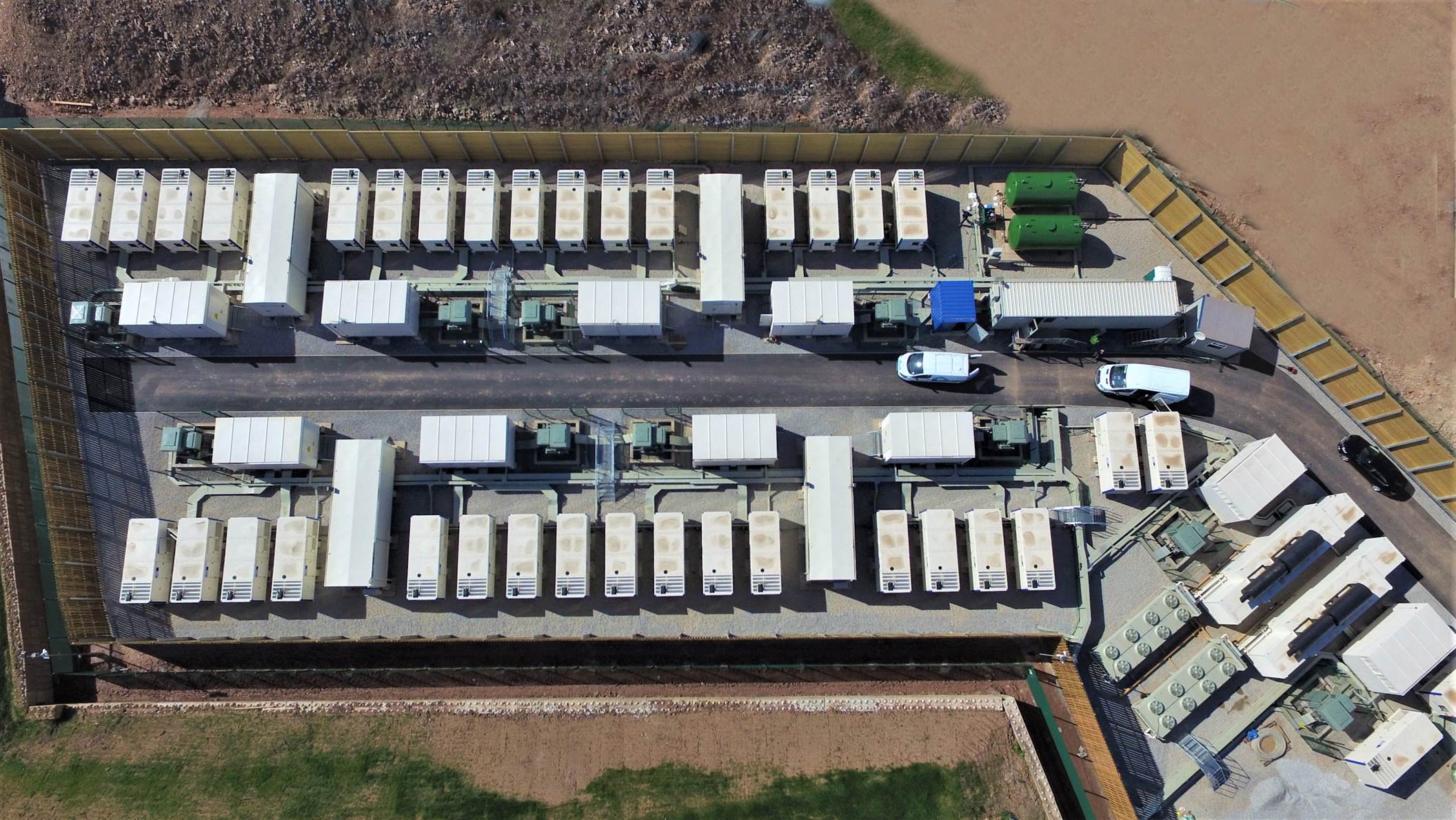
Arlington Energy, a clean energy investment group, has announced plans to build out a 1GW portfolio of energy storage and gas peaker projects across the UK after securing initial funding of £200 million (US$255 million) from an offshore fund of institutional investment.
The sites, ranging from 5-50MW, will be developed over the next three years with the first aiming for completion in July 2019 as part of 250MW slated for completion by October.
Around 40% of the portfolio will be made up of standalone battery storage, with over 100MW anticipated to be in the ground under the first tranche of projects.
While the company has yet to reveal where its projects will be, a 20MW gas site in Chesterfield and a developed 40MW energy storage site in Bedford was recently sold to Arlington Infrastructure, the company set up in May 2018 to build out the portfolio.
Try Premium for just $1
- Full premium access for the first month at only $1
- Converts to an annual rate after 30 days unless cancelled
- Cancel anytime during the trial period
Premium Benefits
- Expert industry analysis and interviews
- Digital access to PV Tech Power journal
- Exclusive event discounts
Or get the full Premium subscription right away
Or continue reading this article for free
Matt Clare, director of Arlington Energy, said: “Securing this level of funding has been a fantastic achievement for us, and for the UK energy sector. We are extremely pleased to be able to deploy so many assets in the UK to support the grid network.”
The company has yet to select its technology partners for the storage projects, and is working with advisory services firm DNV GL to provide technical assistance on procuring and deploying the most suitable assets for the portfolio.
“They will be tendering every top manufacturer and system provider with experience in energy storage globally,” Clare said.
The projects will rely on Capacity Market contracts it hopes in to win in February 2019’s T-4 auction to support a merchant trading strategy in what it sees as a distributed energy market susceptible to system volatility.
This approach was recently called for by a panel of energy storage providers at the UK trade event Solar & Storage Live, which claimed that investors needed to “come to grips” with merchant risk following years of subsidy-backed opportunities.
As a relative newcomer to the market, having been established in July 2017, Arlington describes itself as “focused on the acquisition, development and ownership of clean energy assets across the UK”.
When asked why the company had chosen gas generation for its first portfolio, Clare said: “We consider gas peaking as the lowest carbon form of providing distributed long-duration power to the grid.
“Clearly it is not as green as energy storage, wind, solar, biomass etc, however the UK still requires base load style technology and given the timescales and risk associated with nuclear, coal and diesel.”
He added that storage offered “strong benefits” in optimising the intermittent renewables on the system.





